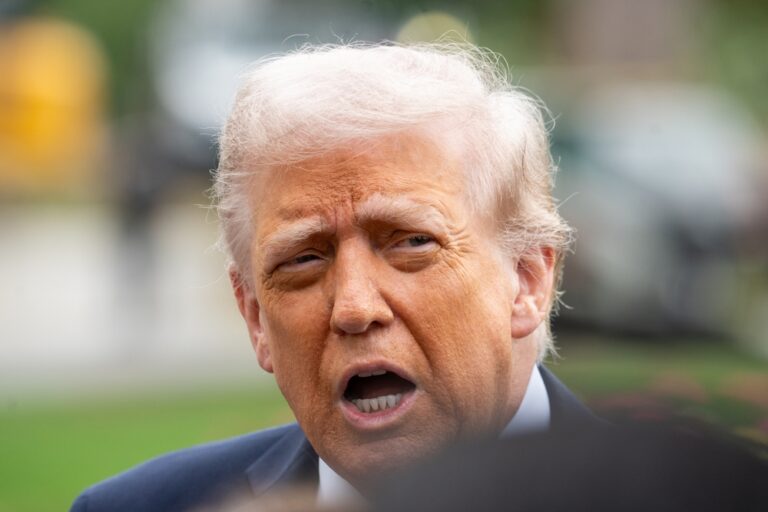President Donald Trump has signed a short-term spending bill that reopens the federal government after the longest shutdown in US history. He approved the measure just hours after the House of Representatives passed it by 222 votes to 209 on Wednesday night. Two days earlier, the Senate narrowly approved the same package.
In the Oval Office, Trump said the government would “resume normal operations” after “people were hurt so badly” during the 43-day shutdown. Since October, many government services had been suspended. Around 1.4 million federal workers were either unpaid or on forced leave. Food aid programs stalled, and nationwide air travel suffered major delays.
Federal services resume after weeks of disruption
Government agencies are expected to reopen within days, easing strain before the busy Thanksgiving holiday. Air travel is also likely to stabilize as the Federal Aviation Administration restores normal staffing levels. The agency had reduced air traffic because of staff shortages caused by the shutdown.
The shutdown even disrupted lawmakers trying to reach Washington. Wisconsin Republican Derrick Van Orden rode his motorcycle nearly 1,000 miles to cast his vote in the House before the bill reached Trump’s desk.
The measure, however, funds the government only until 30 January. Lawmakers must find a longer-term deal before that deadline to avoid another closure.
Trump points finger at Democrats
Before signing the bill, Trump blamed Democrats for the government shutdown. “They did it purely for political reasons,” he said, adding that voters should “not forget what they’ve done to our country” in future elections.
Although Democrats hold a minority in the Senate, they managed to stall funding. Republicans were seven votes short of the 60 needed to pass the earlier version of the bill. Democrats refused to support it unless Republicans agreed to extend healthcare subsidies for low-income Americans due to expire later this year.
Republicans argued that healthcare issues could be discussed after reopening the government. On Sunday, eight Senate Democrats broke with their party and voted for the spending deal in exchange for a promise of a December vote on the subsidies.
The move angered many Democrats, drawing criticism from House Minority Leader Hakeem Jeffries and California Governor Gavin Newsom.
Tensions grow inside the Democratic Party
Senate Minority Leader Chuck Schumer said the bill “fails to do anything of substance to fix America’s healthcare crisis.” But Virginia Senator Tim Kaine, who voted for the measure, defended the compromise. He said federal workers in his state were “saying thank you” for restoring their pay and ending the shutdown.
Just hours before the House vote, Democrats welcomed a new member, Adelita Grijalva, who was sworn into office after weeks of delay. She had won her election on 23 September but could not take her seat earlier because the House had been out of session since 19 September. Grijalva now occupies the seat once held by her late father, Raul Grijalva, who passed away earlier this year.
New member joins call for Epstein file release
Democrats immediately enlisted Grijalva’s support for a petition demanding the release of documents related to the late financier Jeffrey Epstein. The petition must sit for seven legislative days before it can move forward. After that, House leadership is required to schedule a vote within two legislative days.
House Speaker Mike Johnson surprised many by announcing he would set that vote for next week.
What the spending deal includes
The weekend agreement extends federal funding until 30 January. It provides full-year funding for the Department of Agriculture, as well as financing for military construction projects and legislative agencies.
The bill ensures all federal employees receive back pay for the shutdown period. It also funds the Supplemental Nutrition Assistance Program, which supports one in eight Americans, until next September.
Additionally, the package includes a commitment for a December vote on extending healthcare subsidies—an issue that divided Congress and helped prolong the shutdown.



